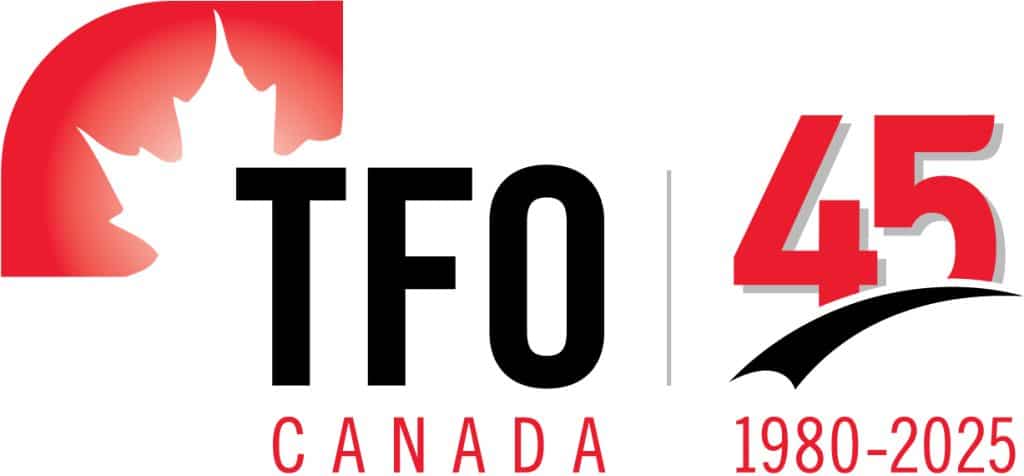“Employment was little changed in November as the economy added a modest 10,000 jobs, Statistics Canada said.
In its latest labour force survey, the federal agency says Canada’s unemployment was 5.1% last month, down from 5.2% in October.
“The main overriding feature of today’s report was that you were continuing to gain jobs in Canada,” TD‘s director of economics James Orlando said Friday (Dec. 2).
“If you add up just the number of jobs gained in November and October, it’s pretty substantial.”
In October, the economy added a whopping 108,000 jobs, taking forecasters by surprise with the strong jobs gain.
Employment rose in several industries in November, including finance, insurance, real estate, rental and leasing, manufacturing and in information, culture and recreation, while it fell in construction as well as wholesale and retail trade.
Statistics Canada also noted in its report that the employment rate among core-aged women aged 25 to 54 hit 81.6% in November, a record high in comparable data going back to 1976.
Canada’s labour market has remained remarkably strong despite signs of an economic slowdown. The unemployment rate fell to a record-low of 4.9% in the summer and has edged up only slightly since then.
“The economy is clearly still doing very well. When you look at the labour market, you have not seen a slowdown,” Orlando said.
In November, wages were up 5.6% compared to a year ago, marking the sixth consecutive month of above 5% growth. However, wage growth continues to lag inflation. In October, the annual inflation rate was 6.9%.
Bank of Canada governor Tiff Macklem has characterized Canada’s low unemployment rate as unsustainable and said it’s contributing to high inflation.
The central bank is hoping to see the labour market ease in response to its aggressive interest rate hikes this year.
Recent research from the Bank of Canada suggests it believes it can bring inflation down without causing a large increase in unemployment.
The central bank began raising interest rates in March, when it delivered the first of six consecutive rate hikes, and is expected to deliver another interest rate increase next week.
As the Bank of Canada nears the end of the rate hiking cycle, markets will be watching out for any indication next week on whether to expect another rate hike in January.
Orlando said job report Friday supports the forecast of a half-percentage point rate hike next week, with the door open to another rate hike in January.
“I don’t think by January you’re going to have enough data to convince you that the economy has turned enough,” he said.
“So you probably will likely see the policy rate getting into about 4.5% in early 2023.””
*This article is excerpted from Canadiangrocer.com website, published 2nd December 2022
